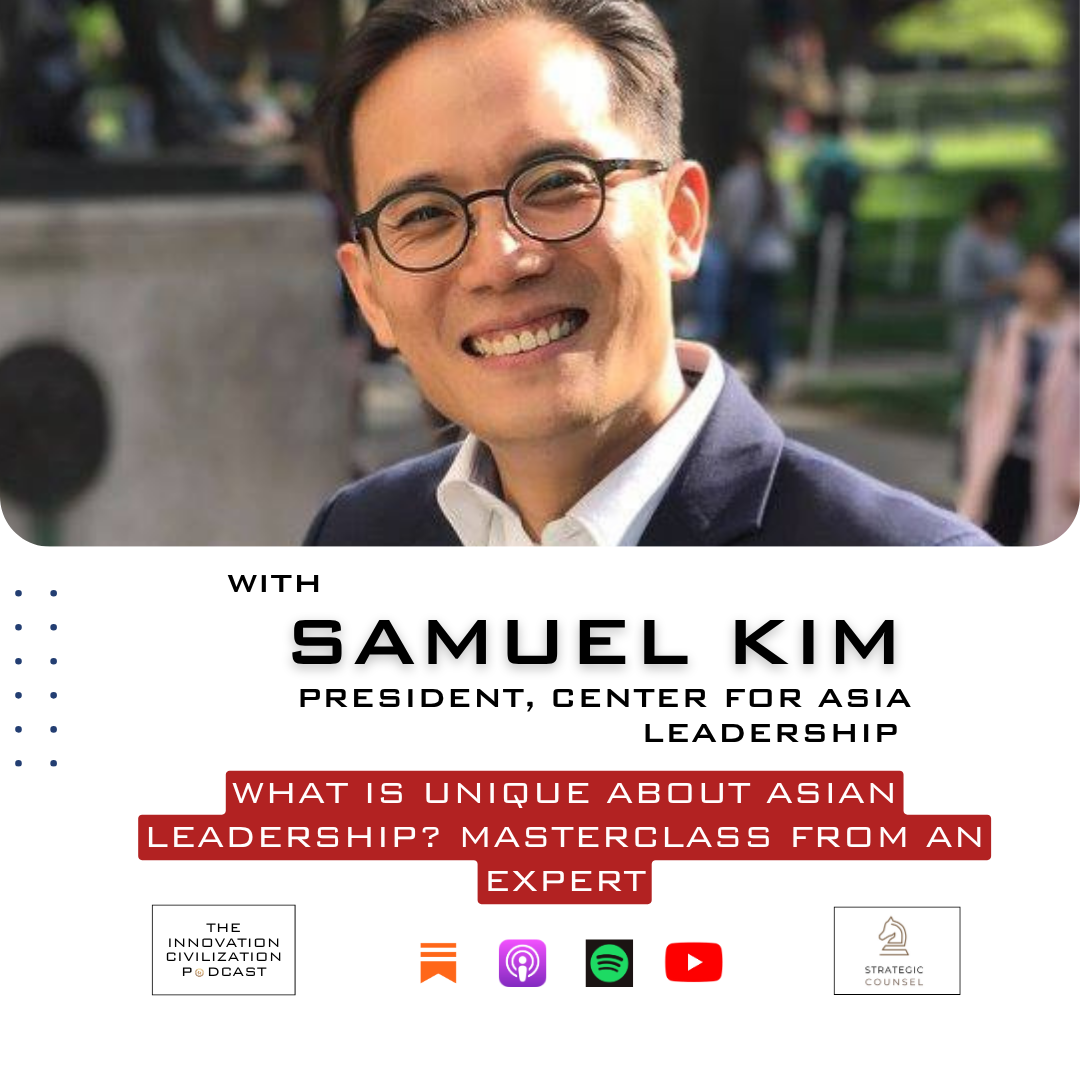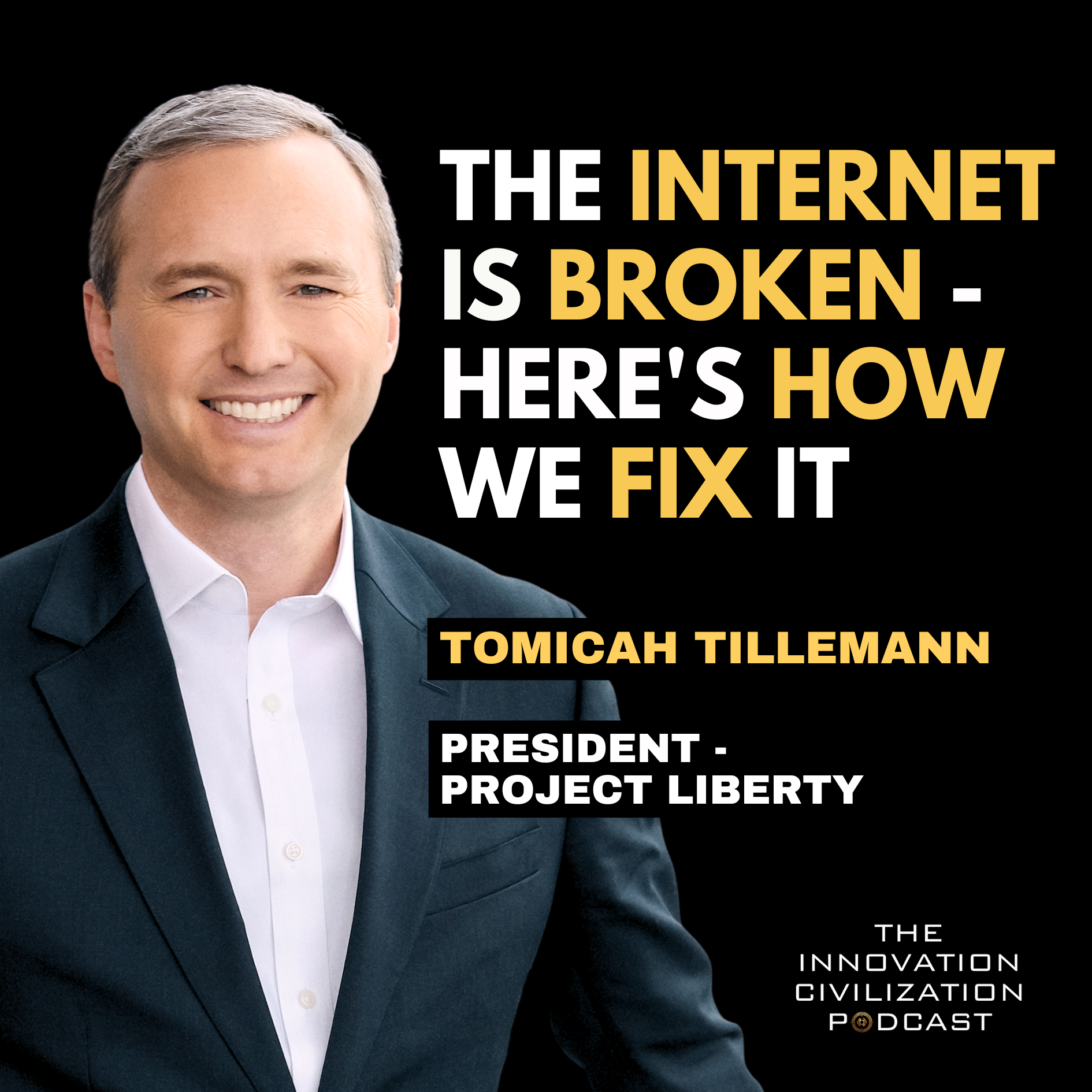Episode Description
In season 2, we kick-off with America's foremost foreign policy scholar, Dr. Joseph Nye, the former Assistant Secretary of Defense and former Dean of Harvard Kennedy School of Government, to talk about how the American Century has shaped our civilization and what lies ahead in the road.
Dr. Nye shares his profound insights on:
- His personal reflections from his latest released book
- The essence and impact of soft power, hard power and 'smart' power in shaping international relations, drawing from his extensive experience and academic work
- Analyzing the concept of the "American Century," its historical context, and its relevance in today's shifting global order
- Discussing the strategic challenges and opportunities presented by nuclear non-proliferation, with a focus on his contributions during the Carter administration
- Providing a forward-looking perspective on the rise of Asia, particularly China and India, and the implications for global economic and political dynamics
- Navigating through the complexities of U.S. foreign policy, from its triumphs to its missteps, and envisioning the path forward in an increasingly multipolar world
- His thoughts on contemporary wars: from Israel-Palestine to Ukraine-Russia
Accompanying Dr. Nye, we're privileged to have our very dear friend of the pod, Jon Cayzer who's a UK civil servant, adding depth to the conversation with his expertise and experience in public services and policy advising.
Join us as Dr. Joseph Nye artfully connects past influences with present challenges, offering a roadmap for understanding and navigating the future of international relations.
Follow our host Waheed Nabeel (@iwaheedo), for more updates on tech, civilizational growth, progress studies, and emerging markets.
Here are the timestamps for the episode. On some podcast players, you should be able to click the timestamp for the episode.
(00:00) - Introduction to Joseph Nye and his seminal contributions
(02:13) - Nye's background and defining moments in global politics
(07:04) - The American Century revisited: implications for global leadership
(12:50) - The evolution and significance of soft power in the modern era
(14:47) - Is the U.S.'s current foreign policy, particularly its support for Israel's actions in Gaza, leading to a decrease in its soft power, similar to the impact of the Iraq War?
(16:46) - Is the current perceived political polarization in the U.S. truly unprecedented, or is it a return to historical levels of division experienced in past eras like the FDR presidency?
(18:36) - Can the U.S. and China avoid the Thucydides Trap and prevent military conflict?
(23:56) - Should Ukraine join NATO?
(25:14) - Is China, despite its hard power, struggling to amplify its soft power on the global stage?
(28:05) - How can a small country effectively increase its soft power—is it through cultural promotion like the British Council and Confucius Institute, or are there other strategies?
(29:46) - In light of populism and Brexit, how can the UK rejuvenate its smart power and reestablish its international standing post-EU?
(32:16) - How do advancements in technology and AI affect a country's balance of soft and hard power?
(33:36) - Does the fragmentation of media through technologies like social media endanger the consensus-building essential to democracy in the 21st century?
(35:32) - How can America, known for its innovation, adapt its foundational principles and values for future generations to bridge to the next century, moving beyond the notion of American exceptionalism?
(37:35) - Discussing the shift in American values from 1998 to 2023, how has the perception of patriotism and other core values evolved over time?
(27:20) - Analyzing Asia's rise and its global ramifications
(33:35) - The interplay of technology, AI, and international relations
(36:50) - Envisioning the future of diplomacy and international cooperation
(39:07) - Outro
Shownotes:



Soft Power: The Means to Success in World Politics" by Joseph Nye is rich with insightful quotes and presents compelling arguments rather than statistical data, as it focuses on the conceptual framework of soft power in international relations. Here are some key quotes from the book that encapsulate its main ideas:
On the Nature of Soft Power: "Soft power is the ability to get what you want
through attraction rather than coercion or payments. It arises from the attractiveness of a country's culture, political ideals, and policies."
On the Importance of Soft Power: "When one country gets other countries to want what it wants might be called co-optive or soft power in contrast to the hard or command power of ordering others to do what it wants."
On the Sources of Soft Power: "A country's soft power rests on three resources: its culture (in places where it is attractive to others), its political values (when it lives up to them at home and abroad), and its foreign policies (when they are seen as legitimate and having moral authority)."
On Soft Power and Foreign Policy: "If a leader represents values that others want to follow, it will cost less to lead."
On the Relationship Between Hard and Soft Power: "It is not the case that hard power is 'good' or 'bad,' and soft power is morally superior. It is a matter of what works. In some circumstances, hard power – the ability to coerce – is necessary. In others, soft power – the ability to attract – is more effective."
These quotes reflect the essence of soft power, highlighting its basis in attraction and legitimacy rather than coercion or payment. Nye emphasizes the role of culture, political values, and foreign policies in establishing a country's soft power and the importance of this form of power in international relations. The book doesn't focus on quantitative stats but rather on qualitative assessments of how soft power operates and influences global politics




To further understand the concept of soft power and its applications, consider exploring related works such as "The Future of Power" by Joseph Nye, where he expands on the interplay between soft and hard power in the 21st century. Additionally, "The Clash of Civilizations" by Samuel Huntington and "The End of History and the Last Man" by Francis Fukuyama offer valuable perspectives on culture and ideology in global politics.

.png)






